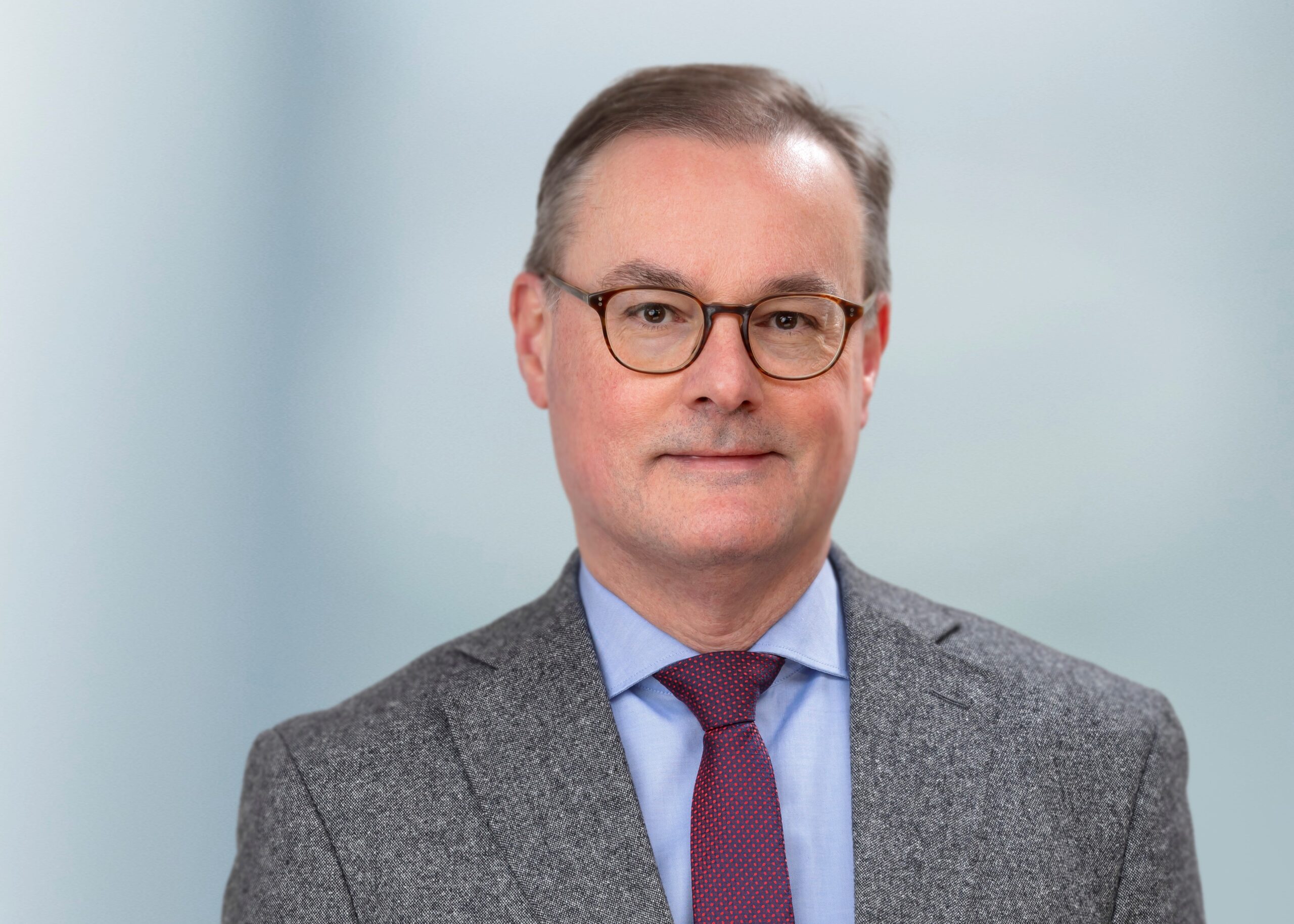Jörn Leonhard is a new member of the Leopoldina
Freiburg, 09/12/2024
Professor Jörn Leonhard, who holds the Chair of Modern and Contemporary History of Western Europe at the University of Freiburg, became a member of the National Academy of Sciences in December 2024. The Presidium of the Academy hereby recognised the excellence of his academic work. As a historian, he is now in the Cultural Sciences Section.

“I am delighted to have been honoured with this special award, which means I have been elected to the Leopoldina. In addition to honouring my work, I regard this membership at the same time as an opportunity and an aspiration to contribute to solving current social challenges with my scientific expertise.”
Prof. Dr. Jörn Leonhard
Professor of Modern and Contemporary History of Western Europe, University of Freiburg
About Jörn Leonhard
Jörn Leonhard’s research focuses on European history and global historical perspectives on the 19th and 20th centuries, particularly on the topics of war and peace, empires and nation states as well as liberalism and nationalism. He has published several award-winning and internationally recognised monographs, most recently ‘On Wars and How to End Them’ in 2023. Leonhard has received numerous awards for his research, including the State Research Prize in 2010 and most recently the Gottfried Wilhelm Leibniz Prize of the German Research Foundation in 2024. He has been a full member of the Heidelberg Academy of Sciences and Humanities since 2015.
At the University of Freiburg, Jörn Leonhard is one of the three spokespersons for the Cluster of Excellence initiative Constitution as Practice in Times of Transformation (ConTrans). Its aim is to establish international and interdisciplinary constitutional research in the humanities, social sciences and law. In doing so, this initiative strengthens an innovative understanding of how to deal with constitutions. From antiquity to the 21st century and in a global comparison, the researchers take an interdisciplinary perspective on examining the question of what holds political and social orders together or causes them to erode.
Further Information
The Leopoldina
The Leopoldina Founded in 1652, the Leopoldina is the oldest academy of science in the world that has existed without interruption. As Germany’s national academy, it has represented German science on international bodies since 2008 and takes an independent position on the scientific basis of political and social issues. In interdisciplinary groups of experts, the Leopoldina publishes expert reports on current topics, which also involve it working together with other German, European and international academies.